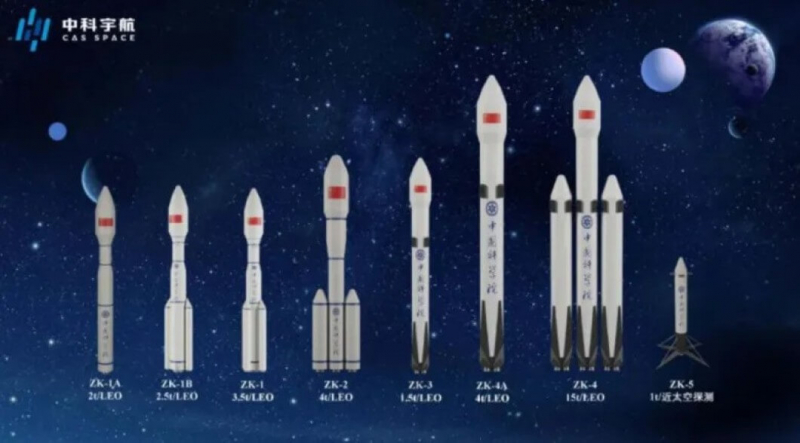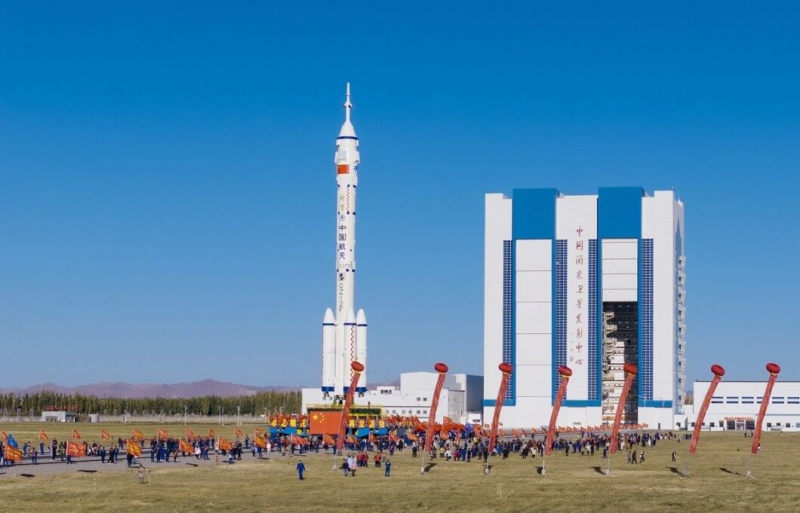For a long time, China has been a major player in space, but the government has been in charge. Now, China is really going after space tourism, something that billionaires in America have been doing for a while. The U.S. got there first when Dennis Tito went to space on a Russian rocket in 2001. China is using its huge resources, lower costs, and growing private companies to catch up.
They’re planning fun suborbital trips for 2027, and they’re already launching rockets a lot. China isn’t just catching up; they want to make going to space more affordable.
From State Monopoly to Private Frontier
China’s journey into space tourism didn’t start until later, it wasn’t until 2014 to be specific. At that time they let private companies invest in space, which was a big change because before, only the government could do it. By 2016, the China Academy of Launch Vehicle Technology (CALT) thought space tourism was worth investing in because people were really excited about going to space.
The big step forward happened in 2023 when Gui Haichao, a professor from Beijing University of Aeronautics and Astronautics, went to space. This made a lot of people excited. Today, China has the second-biggest space budget in the world, around $10.3 billion each year, and they have a lot of people working on it, around 300,000 people, which is much more than NASA. Because of this, China’s space industry is growing fast. It started with basic research and development, and now it’s a market-driven industry. Yang Yiqiang, the person who started CAS Space and used to run the Long March 11 program, thinks it will be even more developed by 2027. They’re focusing on making suborbital flights, satellite services, and internet in low-Earth orbit cheaper and easier to use.
China’s Private Space Tourism Trailblazers
There are a bunch of new companies that started after 2014, and they’re leading the way. These companies aren’t just building rockets; they’re also trying to make space travel cheaper than in the West.
CAS Space: Partnering for the Stars
CAS Space, which started in December 2018 with the help from the Chinese Academy of Sciences and the government of Guangzhou, is a big company that wants to get into space tourism. They made a deal with China Tourism Group, which is the biggest travel company in China, to combine space technology with tourism. They want to create “a new space economy such as tourism,” where people can go on rocket rides and stay at space resorts.
Yang Yiqiang thinks that suborbital trips will start in 2027. These trips will use reusable rockets that can carry seven tourists at a time, so they can take up to 1,000 people to space each year. He says that as they get better at making money from it, “space travel for ordinary people is no longer a fantasy but is becoming a reality.” Because China can make things cheaper than the U.S., these trips could make space travel more accessible to everyone.

Deep Blue Aerospace: Taobao Tickets to Orbit
In 2024, Deep Blue Aerospace did something interesting. They sold two tickets to space on Taobao for 1 million yuan ($140,000), which was a preview of what they’re planning. The company was started in 2016 and is run by Huo Liang, who has a lot of experience in space. They plan to offer suborbital flights by 2027, where people can experience five minutes of zero gravity for 1.5 million yuan (about $210,000).
Click here to preview your posts with PRO themes ››
Zheng Ze, the Deputy GM, said that “Chinese start-ups are becoming increasingly competitive against their American or European counterparts.” He mentioned that Elon Musk’s Falcon 9 reduced the cost from $8,000 to $3,000 per kilogram, and Zheng thinks Deep Blue can reduce it by another 20-30% because labor and materials are cheaper in China. It’s not just talk; they’re working hard to make it happen.
Landspace: Methane-Powered Challenger to SpaceX
Landspace, which started in 2015 at Tsinghua University in Beijing, made history in 2018 as the first private Chinese company to try to send something into orbit with its Zhuque-1 rocket. However, what was impressive, they were the first ones to get to orbit with a methane-liquid rocket. Landspace is really going for it, aiming to be the go-to, cheap option in the launch biz. November of ’23 saw the Zhuque-3 buzz: think of a Falcon 9 from SpaceX, but partially reusable, and hungry to steal market share. Methane is key here, boosting efficiency as Landspace tries to make China the low-cost leader where, hopefully, space tourism can hitch a ride on all the frequent, more budget-friendly flights.

iSpace: Orbit’s Private Pioneer
Born in October 2016, iSpace made history as China’s first private company to nail an orbital launch with their Hyperbola-1. Then, in 2023, they went big with two successes. There was a test flight sans payload in April, followed by the DEAR-1 seismic satellite launch in December, both proving they have the right stuff. Now, they’re focused on bigger, reusable rockets to start carrying tourist payloads and more.
Galactic Energy: Steady Ascent to Reusability
Galactic Energy, a Beijing-based firm that started in 2018, has successfully launched their Ceres 1 rocket 11 times since 2020, sending 350-kg payloads using solid propellant. Looking ahead, they’re developing the Pallas-1, a 4-tonne, partially reusable launcher, and they’ve already aced the first-stage static fire test down in Haiyang port, Shandong. Next up? Tourist payloads.
Space Transportation: Spaceplane Speed Demons
Instead of rockets, Space Transportation in Beijing is putting its money on spaceplanes. They’re working on the Cuantianhou prototype, designed for vertical takeoff, Mach 4 cruise speed, a range of 3,000 km, and altitudes over 20 km. They’re shooting for a test flight in mid-2025. Using twin rotary detonation engines for efficiency, it’ll land vertically thanks to smart deceleration tech. Think suborbital trips with a sci-fi edge.

Breaking Records, Chasing Horizons
China’s space game is on the up and up. Up until November 14, 2025, they’ve already beaten their old launch record with 72 orbital attempts since January, four more than the 68 in 2024. But remember, SpaceX has launched 143 times this year, so there is still a way to go.
Yang Yiqiang suggests a broader approach: building good business plans for space missions, and getting both government and private companies to work together on things like navigation, remote sensing, and LEO broadband. He thinks that by 2027, things will be “fully mature,” turning space tourism from a super expensive luxury to something more commonplace. A trip to space? CAS Space says it’s “a completely new experience,” weightless, awe-inspiring, and increasingly made in China.
China’s not just trying to keep up in this new space race; they’re changing the rules. As costs drop and dreams get bigger, maybe we’ll soon be ditching those beach holidays for views of space. The stars seem to be getting closer, and also, perhaps, a little more affordable.


